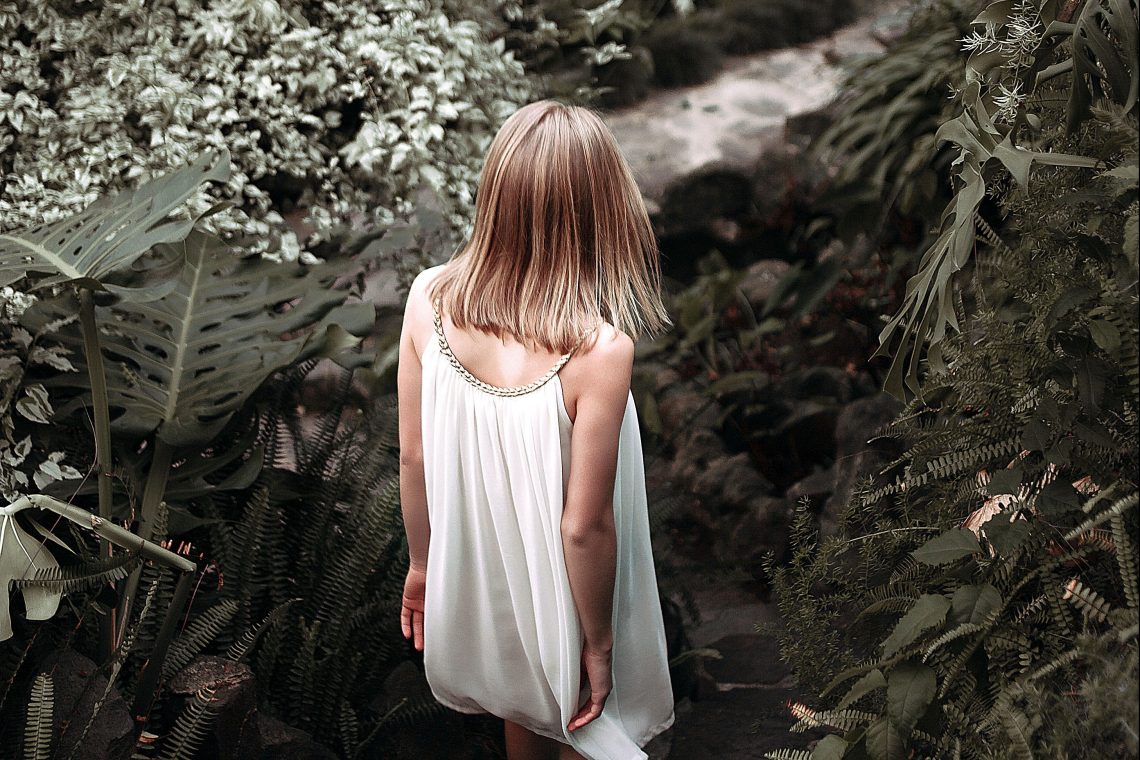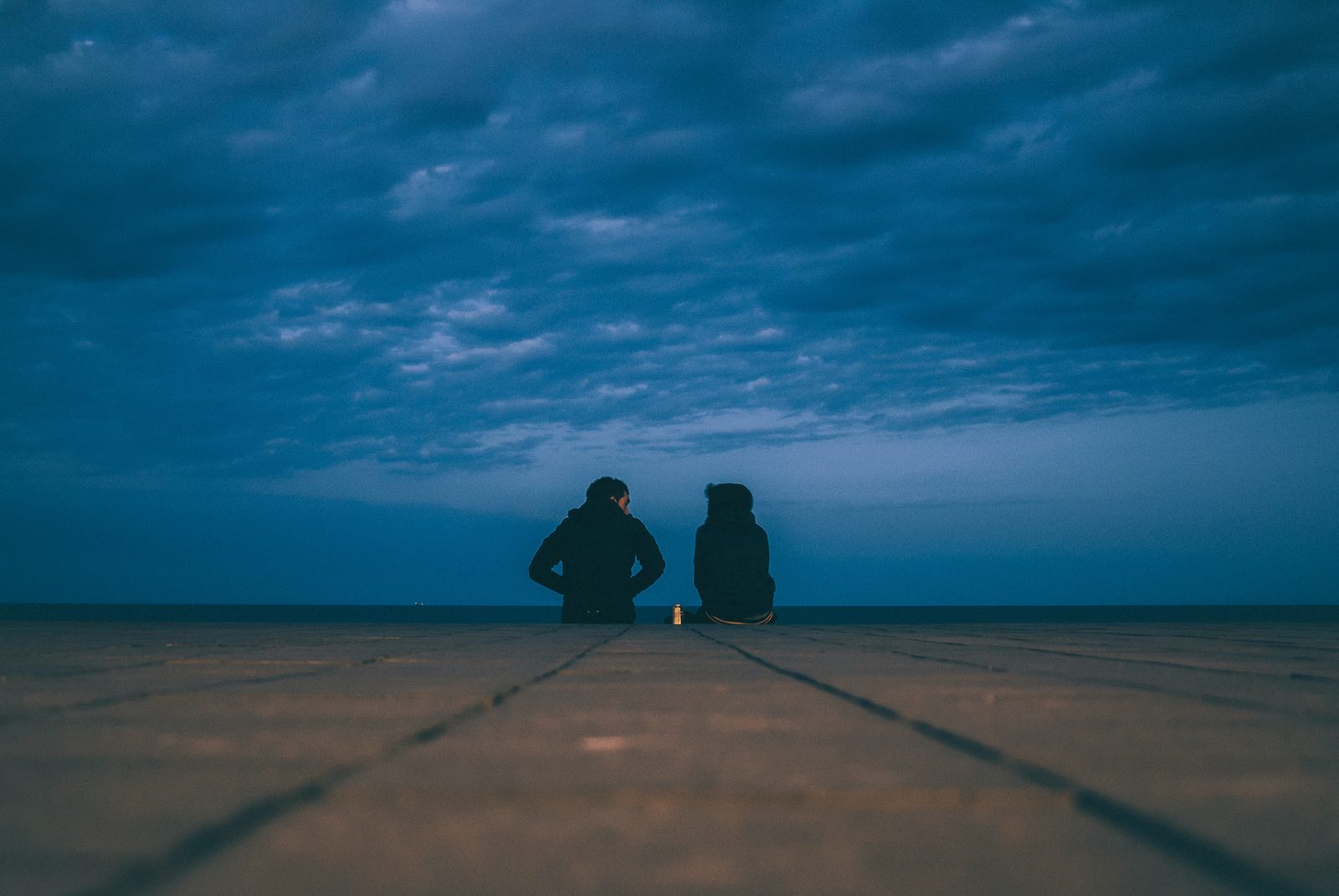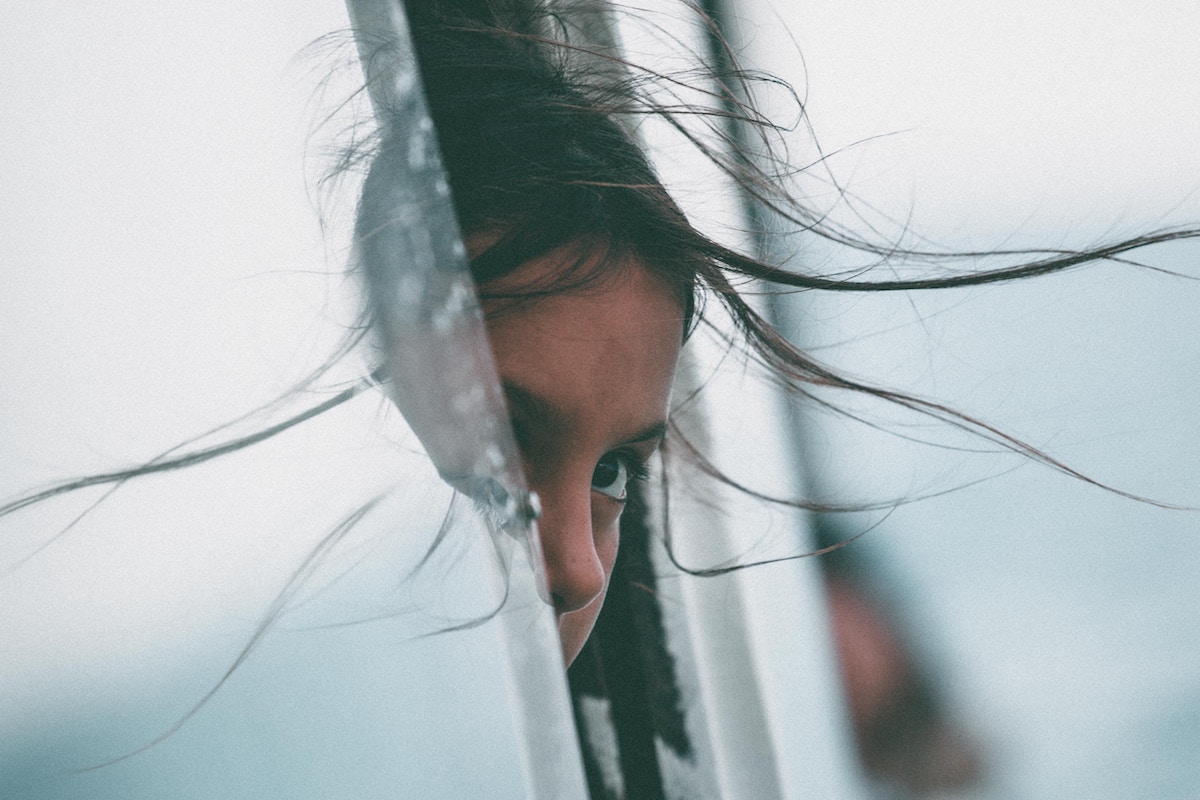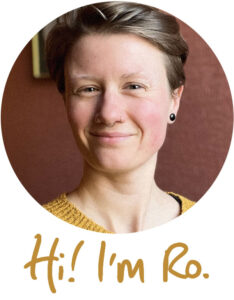How To Be Vulnerable

There are two things I’ve discovered while learning how to be vulnerable recently: it’s really fucking hard, and really fucking worth it.
I could never have known how to be vulnerable through most of my twenties; I’m not sure I really knew what vulnerability was. Or perhaps I did, I just didn’t realise that sharing my softest parts could lead to more depth in my relationships.
The thing with allowing yourself to be vulnerable is that it allows the most scared, fragile, and young parts of you to be seen, and this process of showing all of ourselves to those we love is what creates the most real intimacy.
With hindsight, I can see now that resisting allowing my vulnerability to be seen only lead to more anxiety: not talking about what I need in a relationship in order to feel safe meant that my needs were not met out of fear of losing the other person. Failing to honour those needs resulted in relationships where I could never grow, ultimately ending in a feeling of stagnation and resentment.
Here are some of the ways I am learning to become friends with showing my vulnerabilities (it’s a work in progress).
How To Be Vulnerable… Slowly & Gently
You can start small. Perhaps a new romantic relationship isn’t the best playground to start exploring your vulnerability right away if it’s not something you’re used to doing; start with friendships that feel secure, and topics that feel only a little edgy.
What things would you not want your friend to know about you? Is there anything you’re ashamed of, scared of, or anxious about that you could consider talking with your friend about, as an exercise in sharing something vulnerable with them?
It can be interesting to notice how you feel in the friendship after trying this. In my experience, sharing something difficult and being seen and heard in that way brings me closer to that person, and leaves me with gratitude for our connection. Usually for me, fear of speaking my vulnerability comes from a fear that the person will disappear if I do. Practicing doing this with someone trusted, and with topics that are unlikely to compromise the friendship, allows me to start understanding that vulnerability doesn’t have to lead to abandonment or rejection.
Speak Your Vulnerability
Once you’re feeling a a little more comfortable with consciously sharing vulnerabilities with people you already feel secure with, you can bring those practices a little more ‘into the wild’. Stumbling into a feeling of vulnerability with someone who matters to us, unintentionally, can be scary and triggering. There are tools we can use to use these situations to create deeper intimacy, instead of feeling that we need to run away, freeze up, or fight.
This can be as simple as saying, “I feel really vulnerable right now.” Sometimes this is all that is needed to begin to pull us out of an unhelpful place and into somewhere where we have more opportunity to vocalise what’s going on for us. Being able to voice the impact of the situation – that we’re feeling scared, or anxious – can give us a little space to decide whether we want to explore this further, or whether we need to take care of ourselves by moving away, if possible.
In my experience, telling someone close to us that we’re feeling vulnerable engenders more trust and honesty from their side, and a desire to understand and help if possible. Ultimately, if we want it to, this can lead to more productive and intimate conversations.
Use a Reality Check
It’s always possible to ask yourself, no matter how anxious or scared you’re feeling, “am I safe right now?”
Noticing that the answer is “yes” can be a necessarily calming thing when feeling particularly vulnerable, especially when practicing sharing things that we feel anxious about.
Often the things I’m feeling most scared over are fairly irrational, if not almost inconsequential in the grand scheme of things, and so reminding myself that I am ultimately safe is a helpful reminder of perspective.
Develop a Support Network
It’s much easier to be vulnerable if we know that we have supportive folks around us. The (often irrational) feeling that we’re risking one relationship by showing our darkest sides can seem less scary if we know we have others with whom we can be fully ourselves.
This doesn’t happen overnight, of course. But beginning to foster friendships built on allowing vulnerability, and a community where the tough stuff is just as welcome as the joy, is a really valuable thing. For me it means that there are always people – whether I’ve known them for years or only a couple of months – who welcome my vulnerability, anger, fear, or grief, and with whom I can practice speaking it, sharing it, and processing it if I need to.
Know Why You Want to be Vulnerable
The reason I put so much energy into identifying my vulnerabilities and sharing them with those I love is that it allows for deeper connection. It’s a sign of trust, of self-knowledge, and of how much I value the relationship: so highly, that I want this person to see every part of me.
This isn’t only relevant for people you’re already close to, though. Meeting strangers with the vulnerability of admitting, “I’m new and I don’t know what the fuck I’m doing” or, “I’m lost, can you help?” or, “I’m feeling really nervous right now” can instantly create a much more honest connection, and invite the other person to share deeper parts of themselves, too.
Be Clear On Your Boundaries
This is perhaps the most important thing of all. Being able to identify and communicate boundaries allows us to open up with others, because we can feel safe in knowing where our limits are.
For me, one of my most vulnerable places is in anger. Sharing anger with those I care about, when that anger is directed at them, feels particularly edgy because this is where I am most fearful they would walk away from our relationship. And yet anger is such an important feeling, often necessary for setting and upholding boundaries. One of my biggest challenges recently has involved learning to allow this anger, and the vulnerability I feel in expressing the boundaries it signifies for me, trusting that those I love won’t disappear as a result (so far, so good).
Being over-vigilant with boundaries keeps people out; we never allow ourselves to be vulnerable out of fear or shame. Conversely, if we don’t hold our boundaries at all then we put ourselves at risk of being compromised. The balance is in knowing our needs – how much of ourselves we can give, how much capacity we have, how we need others to treat us – and feeling confident in communicating this to others.
The confidence in knowing that we can look after ourselves, without relying on others to care for us, frees us up to share our vulnerable, fearful sides. This is because we’re doing so from a baseline of self-responsibility. We can seek deeper intimacy through sharing our challenges, knowing that we are already enough.




7 Comments